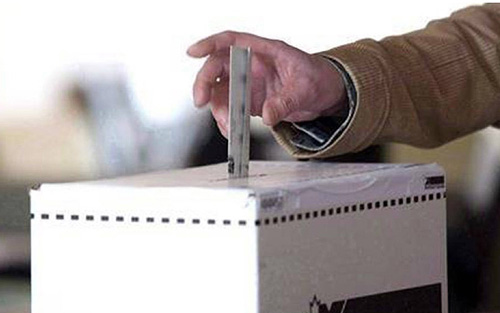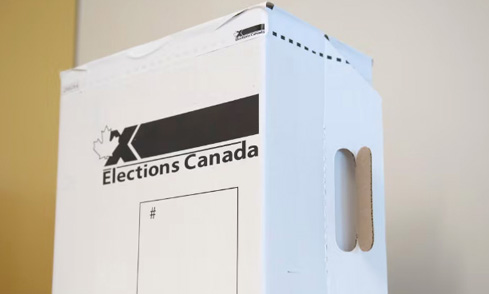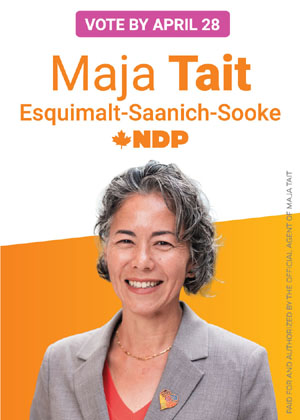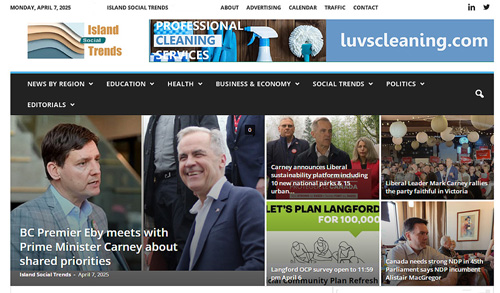Tuesday April 8, 2025 | VICTORIA, BC [Updated April 16, 2025]
Political insights essay | by Mary P Brooke | Island Social Trends
Daily updates: Election Campaign Itineraries
As people age there are challenges and things to consider that in youth are pretty much not thought of.
Most seniors must be more conscious of their health needs like maintaining mobility, eyesight and mental acuity. Many seniors hope to age in place and this takes work to maintain functional health, financial capacity and social interaction.
Seniors have lived a while. They have seen what the world can do to people as individuals, families and communities. In a civil society, older people have seen that decisions made broadly by governments and by politicians in small number can sometimes permanently impact people’s lives. Political impact can be swift or subtle but it is often not changed or reversed without effort.
Seniors — particularly older women — often vote with their children and grandchildren in mind — the world that will be left behind for their family.
Why bother to vote:
And so there is the power of the vote. In every election cycle at any level of governance you’ll hear people say they don’t bother to vote. They feel their vote won’t make a difference or that they don’t know enough about the issues. Or maybe they know the issues and they know voting matters but no one candidate suits their fancy.
Canadians in generations past have fought and died for the right to vote. Before women fought for the right to vote they were seen as property under the law and oftentimes survived or succeeded at the behest of their spouse, if they had one. Indigenous people in Canada also had to fight for the right to vote.
Yes there is complexity in governance and sometimes there is incompetence among politicians. The system can be worked to the advantage of politicians and parties. But that is the push and shove of the system. Each voter can do their part toward better function and use of the political and governance systems.
Without a vote you are not a player in the workings of the sociopolitical world — which is everyone’s everyday world.
Politics impacts everything. You use a public water system, your taxes pay for roads and recreation, the preservation of natural spaces contributes to the well-being of you and your family.
Get to know your candidates:
Be a player! Get to know your candidates, the issues in your community, and the ways that solutions for your community can be found. You don’t have to be an expert. Look into things and have an opinion, know where you stand in the spectrum of options in Canadian public life.
Not involved in public life, you say? Everyone is. Every service we use in our homes or access in our workplace or community has been made possible through some sort of public decision. As individuals we interact on many levels within society — that is the very premise of social ecology.
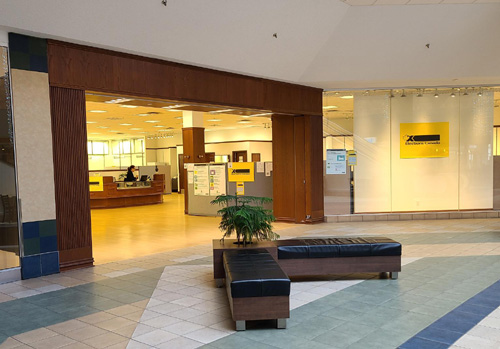
Being interconnected with our social world implies by default that sitting on the sidelines in the election is folly. If we are not part of the solution then we contribute to any dysfunction that might be happening in the workings of the world around us.
Equally so, a blind vote for one party without thinking through your options is also not using all the power of your vote. Every party has policies, a leader, and candidates that vary in skills, knowledge and scope of influence. Every electoral area has unique challenges (perhaps based on geography or demographics) as well as shared concerns with other regions (such as housing supply, employment opportunities, and environmental protection).
Choosing a party and a candidate — with an eye to the leadership of the party — is a skill set of civic participation that can be honed. It is not widely taught in the public education system. Adults can build this skill. Information is out there. Find it, sort it, assess it.
How and where to vote:
Information about voting in the 2025 federal election is online at Elections Canada.
Voting at any Electoral District Office (EDO) is already open.
- On-campus voting comes up April 13 to 16.
- Advance voting runs April 18 to 21 (through the Easter long weekend).
- Election Day is Monday April 28.
===== ASSOCIATED LINKS:
- Election Campaign Itineraries (all parties)
- Community Calendar (election key dates, community events, all candidates meetings)
===== RELATED:
NEWS SECTIONS: CANADA-NATIONAL | CANADA-USA | TARIFFS & TRADE | CANADIAN FEDERAL ELECTION 2025 | LIBERAL PARTY OF CANADA | NEWS MEDIA


